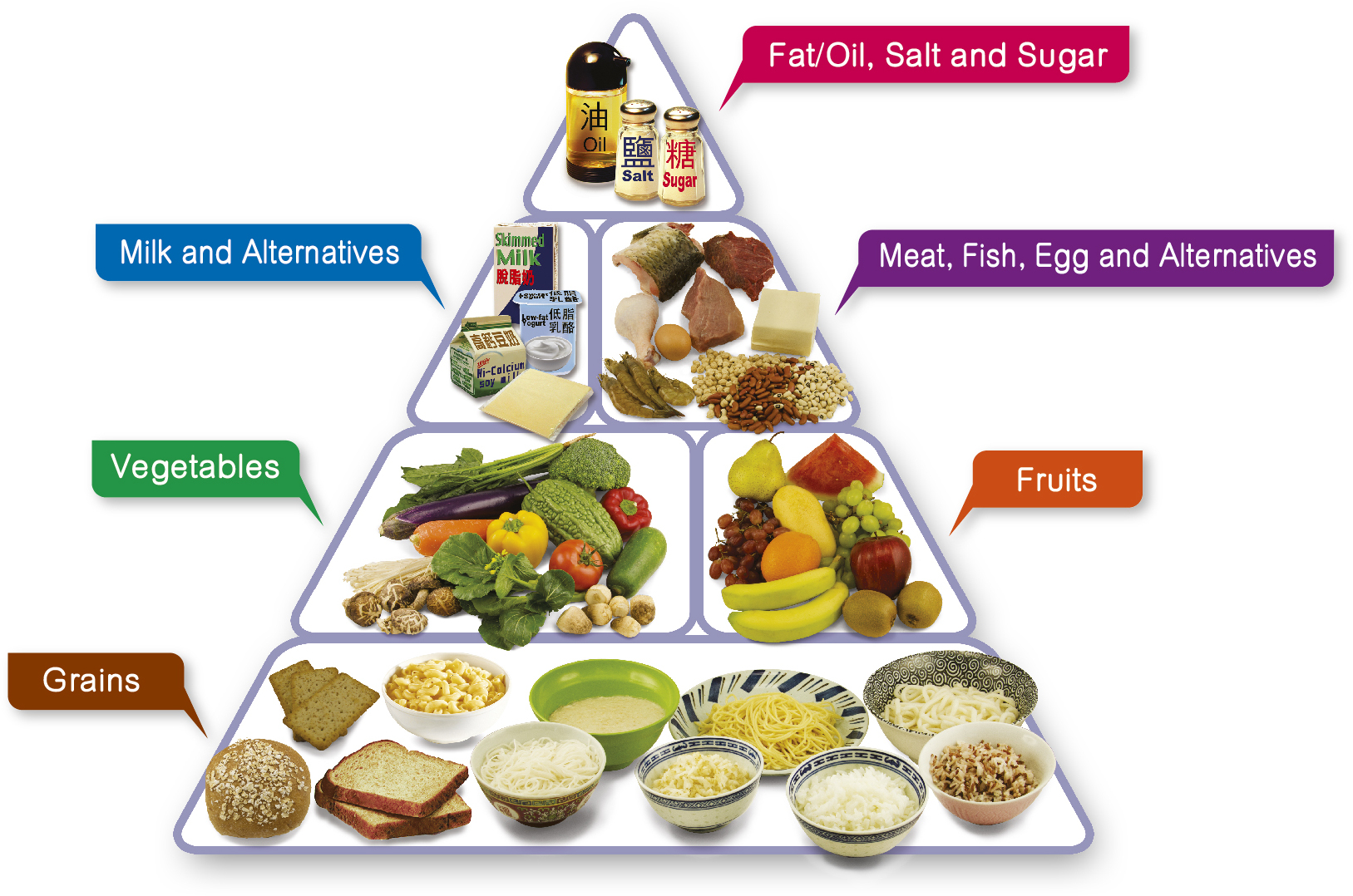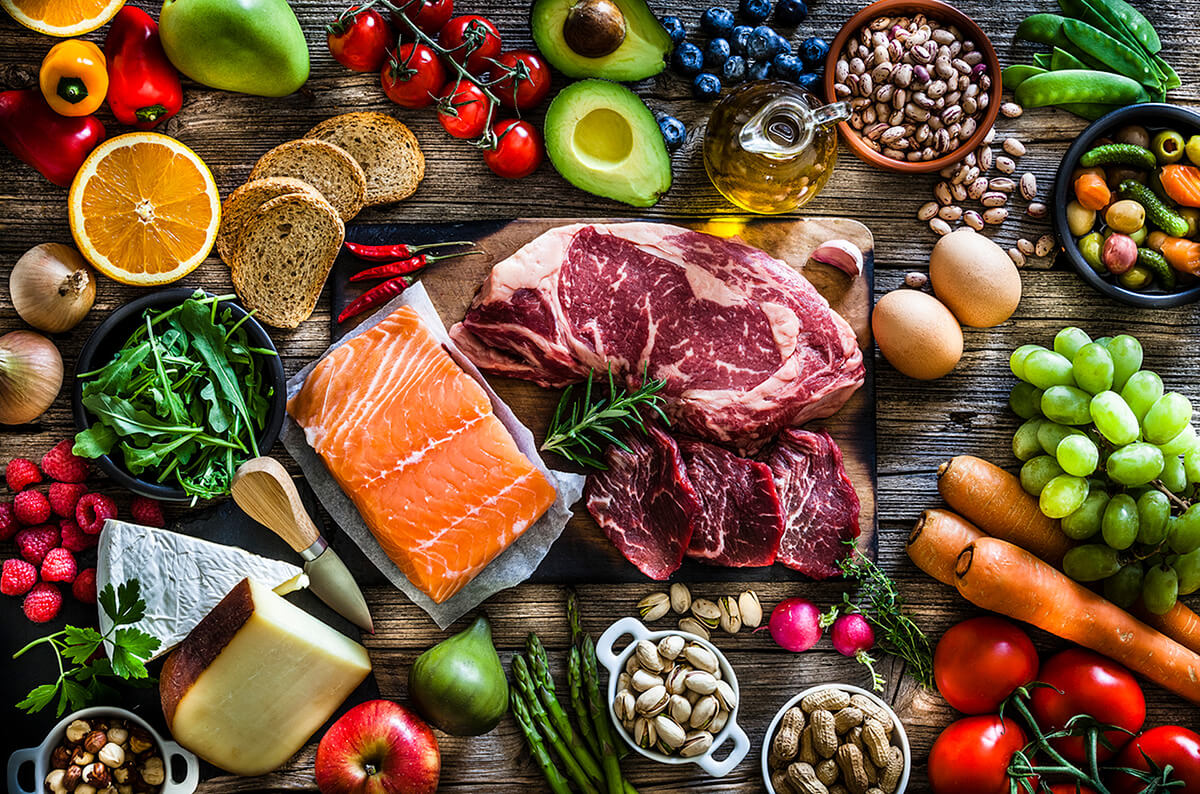 What is a Healthy Diet?
What is a Healthy Diet?
A healthy diet is a way of eating that provides your body with the right nutrients to function at its best. It includes a balance of carbohydrates, proteins, fats, vitamins, and minerals. Unlike short-term fad diets, a healthy diet is about consistency and long-term habits.
When you fuel your body with nutrient-rich foods, you improve not only your physical health but also your mental well-being, energy levels, and overall quality of life.
Why is a Healthy Diet Important?
A healthy diet affects every aspect of your life. Here are some key reasons why you should prioritize balanced eating:
-
Weight Management: Prevents obesity and promotes sustainable weight control.
-
Stronger Immunity: Boosts the body’s natural defense against illnesses.
-
Disease Prevention: Lowers risk of heart disease, diabetes, high blood pressure, and certain cancers.
-
Improved Mental Health: Supports brain function, reduces stress, and enhances mood.
-
Energy and Productivity: Fuels your body for daily activities and sharpens focus.
Key Components of a Healthy Diet
1. Fruits and Vegetables
Rich in fiber, antioxidants, and essential vitamins, fruits and vegetables protect your body from diseases. Aim for a colorful plate—green leafy vegetables, citrus fruits, berries, carrots, and broccoli.
2. Whole Grains
Choose whole wheat, brown rice, oats, and quinoa instead of refined grains. They provide steady energy, support digestion, and reduce the risk of type 2 diabetes.
3. Lean Proteins
Proteins repair tissues, build muscle, and support hormone function. Healthy options include fish, skinless poultry, eggs, beans, tofu, and legumes.
4. Healthy Fats
Not all fats are bad. Unsaturated fats found in avocados, olive oil, nuts, and seeds are essential for heart and brain health. Avoid trans fats and minimize saturated fats.
5. Hydration
Water is the foundation of a healthy diet. Staying hydrated aids digestion, regulates body temperature, and flushes out toxins. Limit sugary drinks and sodas.
Foods to Avoid in a Healthy Diet
While no food needs to be completely forbidden, some should be limited:
-
Processed and packaged foods (chips, cookies, instant noodles)
-
Sugary drinks (soda, energy drinks, sweetened juices)
-
Deep-fried fast food (burgers, fries, fried chicken)
-
Foods high in refined sugar and salt
 Practical Tips to Maintain a Healthy Diet
Practical Tips to Maintain a Healthy Diet
-
Plan Your Meals: Prepping meals reduces the temptation of fast food.
-
Portion Control: Eating smaller, balanced meals prevents overeating.
-
Mindful Eating: Eat slowly and enjoy your food without distractions.
-
Healthy Snacking: Replace chips with nuts, seeds, or fresh fruits.
-
Read Labels: Check food packaging for hidden sugars and unhealthy fats.
-
Don’t Skip Breakfast: It kick-starts metabolism and improves energy levels.
-
Balance, Don’t Restrict: A healthy diet allows occasional indulgence without guilt.
How a Healthy Diet Supports Lifestyle
A healthy diet is most effective when paired with healthy lifestyle choices:
-
Exercise Regularly: At least 30 minutes of physical activity daily.
-
Get Enough Sleep: Aim for 7–8 hours each night.
-
Manage Stress: Try meditation, yoga, or deep breathing.
-
Avoid Smoking & Excessive Alcohol: Both harm overall health and nutrition balance.
FAQs About Healthy Diet
1. What is the healthiest diet in the world?
Many experts consider the Mediterranean diet one of the healthiest, as it emphasizes fruits, vegetables, whole grains, olive oil, and lean proteins like fish.
2. Can a healthy diet help with weight loss?
Yes! A healthy diet naturally supports weight loss by controlling calorie intake and providing nutrient-dense foods that keep you full longer.
3. How can beginners start a healthy diet?
Start small—add more fruits and vegetables to meals, switch refined grains to whole grains, and reduce sugary drinks. Gradual changes are easier to maintain.
4. Is a healthy diet expensive?
Not necessarily. Seasonal fruits, local vegetables, beans, lentils, and whole grains are affordable and highly nutritious. Meal planning also helps save money.
5. How many meals should I eat daily?
It depends on your lifestyle. Most people do well with 3 balanced meals and 1–2 healthy snacks. The key is consistency and portion control.
Final Thoughts
A healthy diet is not a quick fix—it’s a lifestyle. By making gradual, consistent changes, you can enjoy better energy, improved health, and a stronger body. Start by adding more whole, natural foods to your plate and limiting processed ones. Over time, you’ll notice a big difference in how you feel, both physically and mentally.
Investing in your diet is the best investment you can make for your long-term health. 🌿

You must be logged in to post a comment.